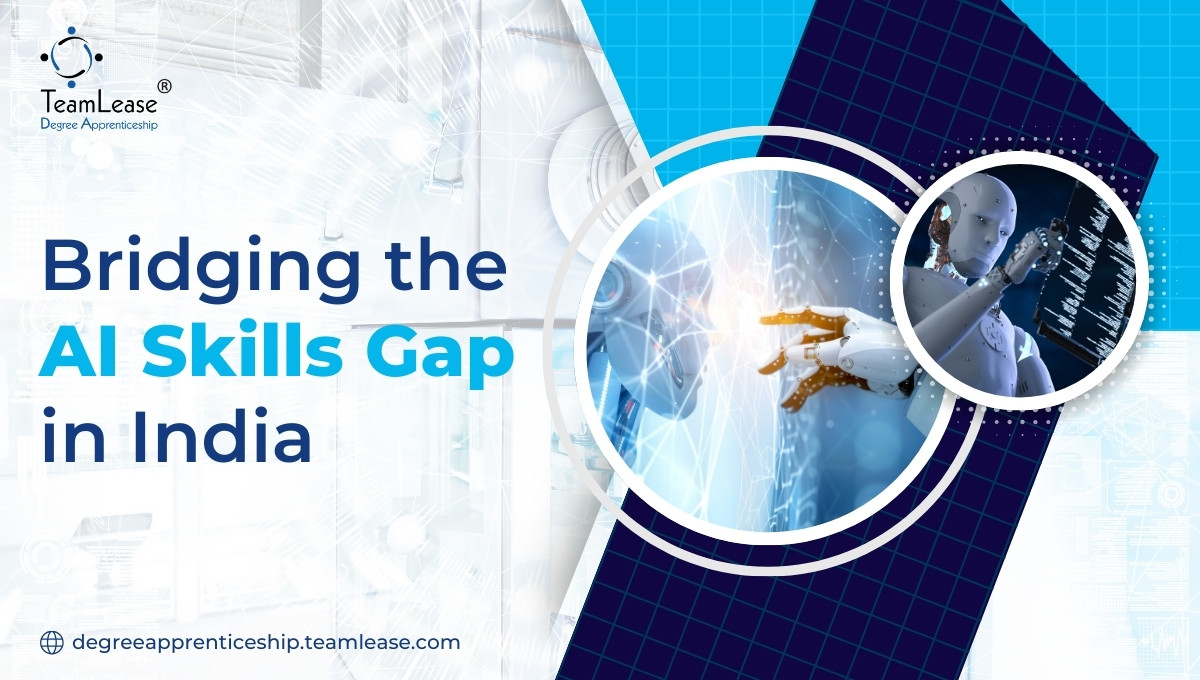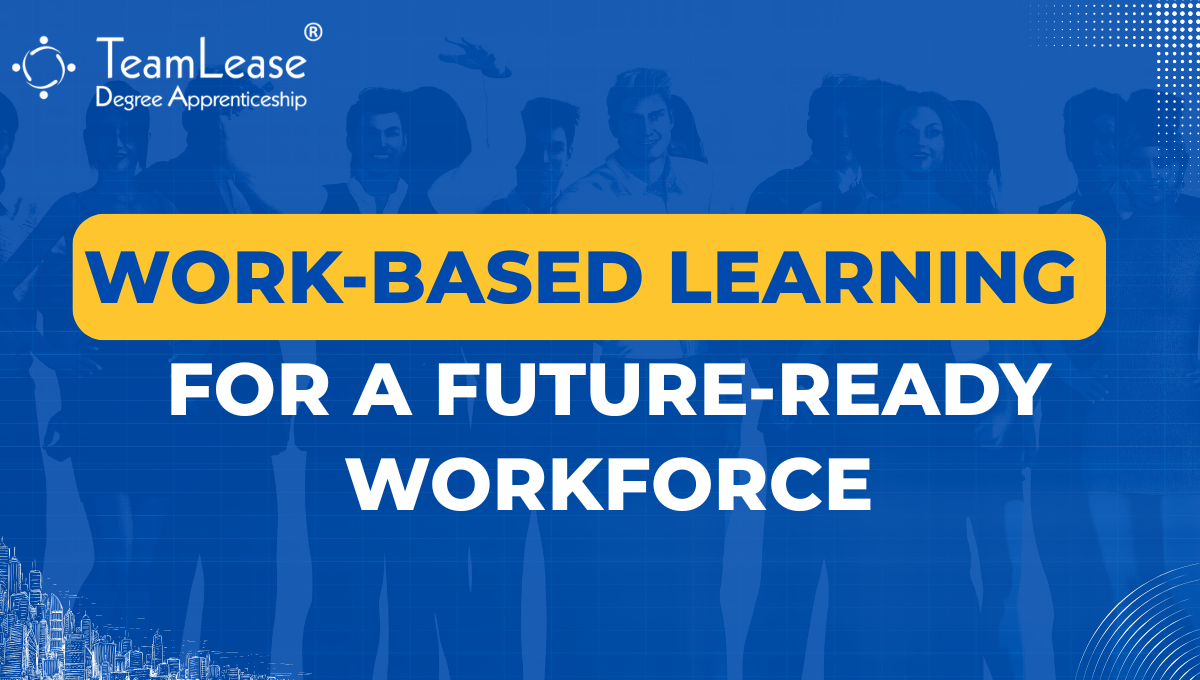Artificial Intelligence is no longer a futuristic concept, it is shaping the present & redefining the future of work. India, with its booming technology sector and expanding digital economy, stands at the crossroads of an unprecedented opportunity. Yet, a critical challenge threatens to derail this momentum: the widening skills gap in AI, machine learning and data science.
The AI Skills Gap in India
While the demand for AI-driven solutions is surging, the supply of qualified professionals has not kept pace. Companies are finding it increasingly difficult to source talent capable of not just understanding theory but also applying AI models in real-world scenarios. On the other side, graduates and job-seekers often lack the practical exposure needed to thrive in industry roles.
Public-Private Partnerships as the Game-Changer
Public-Private Partnerships (PPPs) are emerging as a powerful solution to bridge this gap. By fostering collaboration between industry, academia and government, PPPs ensure that training programs are not only relevant but also scalable.
One of the most effective approaches being enabled through PPPs is degree apprenticeships. These programs combine academic learning with structured on-the-job training, creating a seamless pathway for students to gain both theoretical knowledge and practical experience.
How can structured Degree Apprenticeships help?
Unlike traditional education models, structured degree apprenticeships integrate classroom learning with hands-on industry exposure. They provide:
1. Work-integrated learning: Students gain theoretical knowledge while applying it directly on the job.
2. Industry relevance: Curriculums are co-created with industry partners to meet real-time needs.
3. Scalable talent pipelines: Employers can nurture job-ready professionals who seamlessly transition into full-time roles.
Interested in an analysis on how a Degree Apprenticeship program can benefit your business? Contact us
Key Benefits for Stakeholders
The structured degree apprenticeship model plays a critical role in narrowing the AI skills gap by delivering tangible benefits to students, employers, and policymakers.
- For students: These programs not only allow learners to earn while they learn, but also provide real-world exposure to AI-driven projects and applications. By combining academic study with hands-on practice, students are better equipped to meet the demands of employers struggling with the AI skills gap. This ensures they graduate as industry-ready professionals with both technical and soft skills.
- For employers: Businesses gain access to a pipeline of talent specifically trained to address their AI-related needs. Instead of hiring candidates who may only possess theoretical knowledge, employers can onboard apprentices who already understand real-world AI tools, models, and problem-solving approaches. This reduces hiring challenges linked to the skills gap, cuts costs and improves retention.
- For policymakers: Degree apprenticeships offer a proven framework to reduce unemployment while strategically addressing one of the nation’s most urgent challenges, the AI skills gap. By integrating these programs into the education-to-employment pipeline, policymakers can strengthen India’s global competitiveness, ensure workforce readiness, and drive inclusive economic growth.
As India positions itself as a global hub for digital innovation, the adoption of structured degree apprenticeships through PPPs could be the key to building a future-ready AI workforce. By bridging the gap between theoretical knowledge and practical skills, these programs not only create employable talent but also strengthen the country’s competitiveness in the AI-powered global economy.
This blog is adapted from an article on Elets Governance, featuring insights from our CEO, Dr. Nipun Sharma.


 Rules, 2025' 2.png)
No comments yet
Your Comment